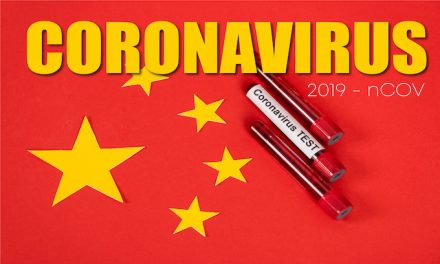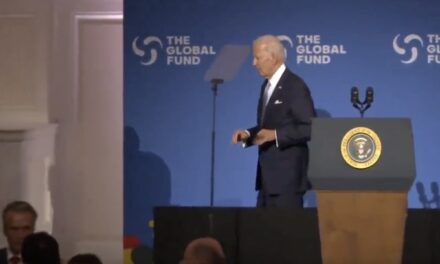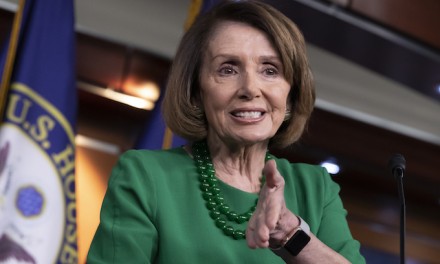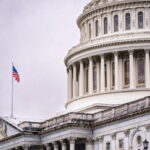Social media monitoring by law enforcement agencies has drawn scrutiny from a coalition of free speech and civil rights groups, raising important questions about privacy as well as oversight of the use of government power.
A statement released on Nov. 6 was signed by more than 50 organizations including the Brennan Center for Justice, the ACLU, the Institute for Free Speech and the Electronic Frontier Foundation. It cites harmful impacts from social media surveillance that should concern lawmakers and the public.
Of particular concern, activities protected by the First Amendment could be stifled or chilled by online surveillance. Local police and federal agencies have monitored social media to track political protests and events. “This information may be disseminated to other federal, state and local government agencies, which leads to further surveillance, watchlisting, unnecessary interactions with law enforcement, and more dire consequences, such as overreaching immigration enforcement,” the groups stated.
In one instance cited, the Boston Police Department used a monitoring tool to track particular terms and hashtags, including #BlackLivesMatter. The New York City Police Department has used online surveillance to track suspected gang members. Without adequate oversight, communities of color could be disproportionately or unfairly subjected to police scrutiny for engaging in constitutionally protected activity.
The public remains generally in the dark about these practices. One review of 157 law enforcement agencies using social media surveillance tools found that fewer than 15 percent had publicly available policies regarding the details of the agencies’ social media monitoring practices. While there is an argument to be made that specific investigative techniques should not be disclosed, the public is entitled to know if law enforcement agencies are collecting and retaining data on individuals. That’s the sort of thing that generally requires a warrant.
Once collected, data can be mined in the future, separated from its original context and aggregated with possibly unrelated data. Given the breadth and depth of information available from social media, the potential for misuse is concerning. Monitoring of social media can yield a picture of an individual’s travel, personal life, contacts, views, purchases and activities in general. The location data alone reveals more than most people may be comfortable sharing with a government database.
In 2016, Facebook, Instagram and Twitter changed their policies to end the practice of developers selling monitoring tools to law enforcement agencies. Companies such as Geofeedia had developed sophisticated mining techniques that collected data automatically and delivered it to clients. The policy shift followed an investigation by the ACLU, which published documents about the tracking of activists at protests in Baltimore in 2015 following the death of Freddie Gray, a black man who died in police custody, and in Ferguson, Missouri, in 2014 after the police shooting of 18-year-old Michael Brown.
However, even without automated data mining, there are concerns about surveillance. The coalition letter warns that some law enforcement agencies have used fake accounts to engage people on social media as part of undercover investigations. This goes beyond the passive observation of public posts into a more troubling area of misrepresentation and deception, risking public trust.
Policymakers should examine the full range of social media use by law enforcement agencies and set boundaries. What may at first appear to be a useful tool for investigators can too quickly turn into a weapon of oppression.
___
(c)2019 The Orange County Register (Santa Ana, Calif.)
Visit The Orange County Register (Santa Ana, Calif.) at www.ocregister.com
Distributed by Tribune Content Agency, LLC.
—-
This content is published through a licensing agreement with Acquire Media using its NewsEdge technology.


















Recent Comments